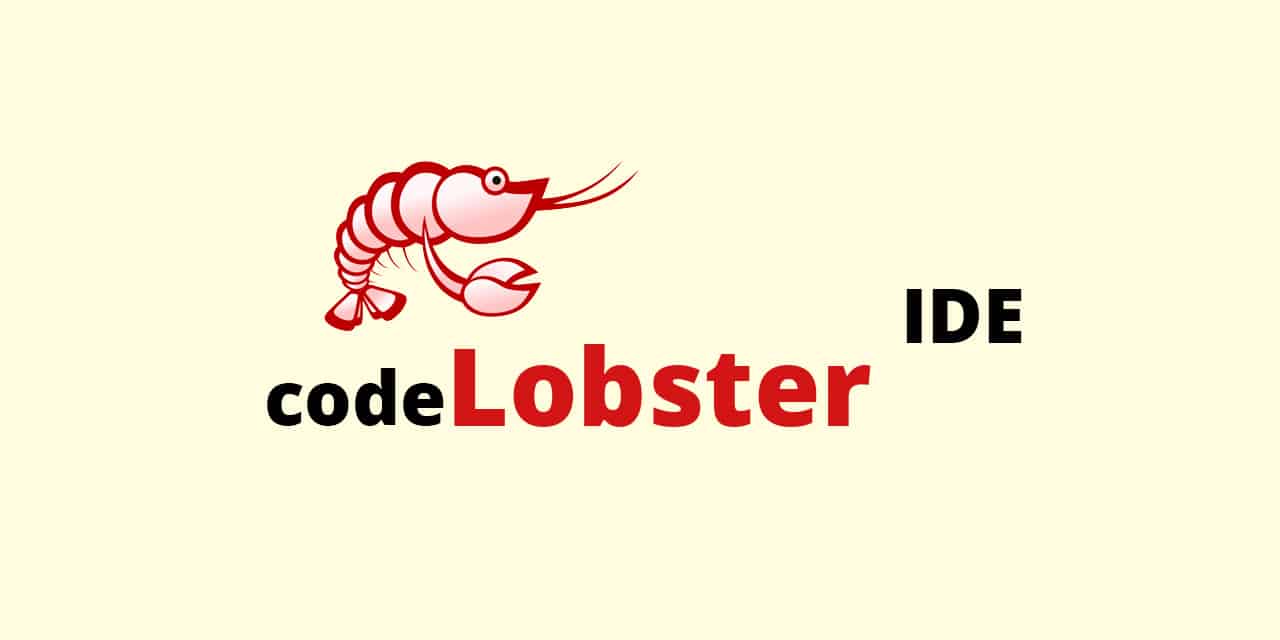Description
The x86 is a type of instruction set architecture (ISA) for computer processors
Dive deep into the intricate world of x86 architecture internals and firmware-OS interactions with our comprehensive training program.
Explore the inner workings of x86 processors, memory management, instruction sets, and system architecture. Gain invaluable insights into firmware-OS interactions, boot processes, and system initialization protocols.
The x86 processors allow you to perform several activities at the same time from a single instruction.
The general-purpose instructions perform basic data movement, memory addressing, arithmetic and logical operations, program flow control, input/output, and string operations on integer, pointer, and BCD data types.
Equip yourself with the knowledge and skills needed to navigate the complexities of modern computing systems. Join us and unlock the secrets .
TABLE OF CONTENT
MODULE I : Introduction
A. Overview
B. Importance
MODULE II : x86 Architecture Basics
A. Registers
B. Instruction Set
C. Memory Hierarchy
MODULE III : Firmware
A. BIOS (Basic Input/Output System)
1. Purpose and Functionality
2. Boot Process
B. UEFI (Unified Extensible Firmware Interface)
1. Advantages over BIOS
2. Components and Features
MODULE IV : Firmware-OS Interaction
A. Bootstrapping Process
B. System Initialization
C. Handover to Operating System
MODULE V : Interrupts and Exception Handling
A. Role of Interrupts
B. Exception Handling Mechanisms
MODULE VI : System Management Mode (SMM)
A. Purpose and Characteristics
B. SMM Handling in Firmware
MODULE VII : Advanced Configuration and Power Interface (ACPI)
A. Overview
B. Role in Power Management
C. ACPI Tables
MODULE VIII : System Calls and API Interface
A. Communication Between Firmware and OS
B. System Call Mechanisms
MODULE IX : Security Features in x86 Architecture
A. Secure Boot
B. Trusted Platform Module (TPM)
x86 architecture internals is studied under Intel
Other useful references






